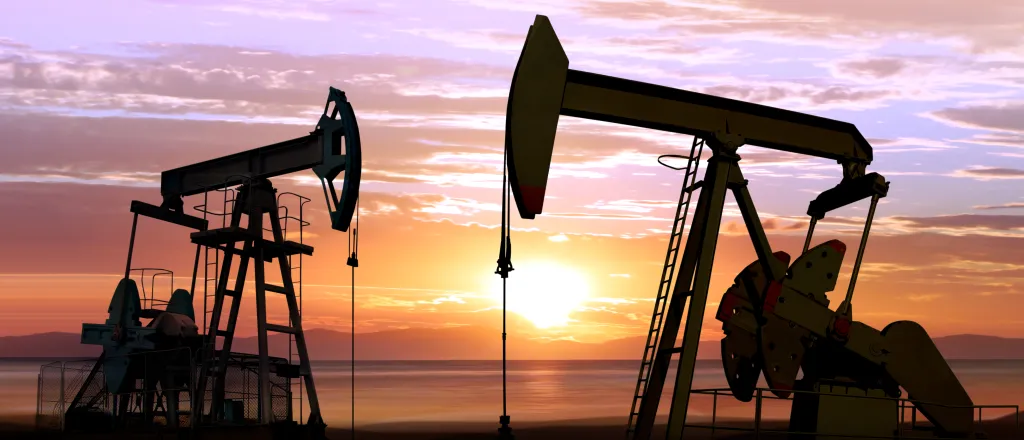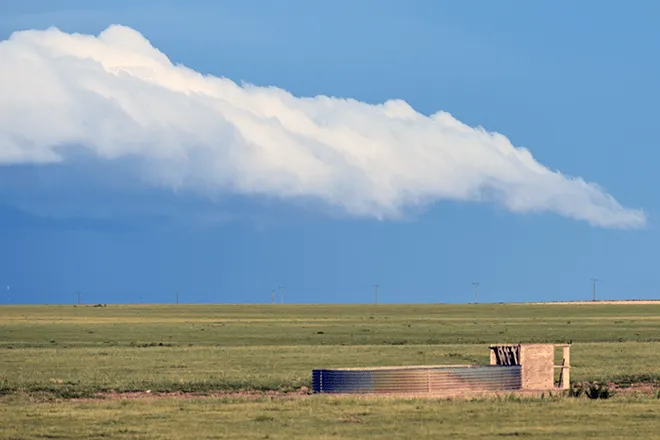
Report: Tax break for big oil costs CA $75M to $146M a year
Click play to listen to this article.
A new report from nonprofit The Climate Center has unearthed historical documents that show the big oil companies orchestrated a tax break that allows them to avoid paying an estimated $75 million to $146 million a year.
The California Legislature adopted the so-called "Water's Edge" tax policy in 1986.
Barry Vesser, chief operating officer with The Climate Center, said it allows companies to decide which of their earnings are taxable in California, and exclude those linked to operations elsewhere, thus dramatically reducing what they owe in taxes.

© Jerome Maurice - iStock-1426962165
"The report shows is that companies like Chevron and Shell and Exxon, back in the '70s and '80s, worked really hard to get this exemption into the tax code, in spite of the fact that lots of advocates and many people in government were saying that this is a bad idea, including the head of the Franchise Tax Board at the time," Vesser explained.
The report estimates that "Water's Edge" costs California about $4 billion a year across all industries. The oil companies argue that it is unfair for a state to tax their global earnings. However, oil-rich Alaska prohibits this type of tax exemption.
Climate advocates are pressing California lawmakers to end all subsidies for these companies in budget negotiations this spring. Vesser noted that last year, California's budget cut billions from climate programs to help fill a $46 billion deficit. Meanwhile, Chevron, Shell and Exxon reported $83 billion in profits in 2023.
"Oil and gas companies spent $31.4 million in 2024," he continued. "They broke a record even in the first three-quarters of all-time spending at the California State Legislature. So, these companies are working to undermine sensible public policy outcomes."
Assemblymember Damon Conolly, D-San Rafael, said in a statement that eliminating the Water's Edge tax break for multinational oil and gas corporations is a common-sense solution to make polluting industries pay their fair share to fix the environmental and health problems they helped create.
















